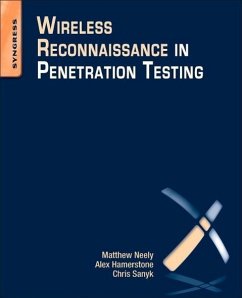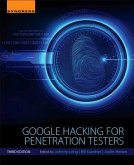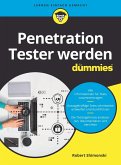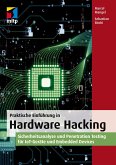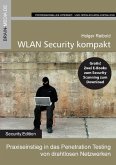In many penetration tests, there is a lot of useful information to be gathered from the radios used by organizations. These radios can include two-way radios used by guards, wireless headsets, cordless phones and wireless cameras. Wireless Reconnaissance in Penetration Testing describes the many ways that a penetration tester can gather and apply the information available from radio traffic. Stopping attacks means thinking like an attacker, and understanding all the ways that attackers gather information, or in industry terms profile, specific targets. With information from what equipment to use and how to find frequency information, to tips for reducing radio information leakage, to actual case studies describing how this information can be used to attack computer systems, this book is the go-to resource for penetration testing and radio profiling.
Author Matthew Neely is a respected and well-known expert and speaker on radio reconnaissance and penetration testing Includes real-world case studies of actual penetration tests using radio profiling Covers data leakage, frequency, attacks, and information gathering
Author Matthew Neely is a respected and well-known expert and speaker on radio reconnaissance and penetration testing Includes real-world case studies of actual penetration tests using radio profiling Covers data leakage, frequency, attacks, and information gathering
"Despite the increasingly number of wireless devices, these security and information technology professionals contend that physical penetration tests for defending computer systems and companies neglect wireless traffic outside of Bluetooth and 802.11 devices and thus, often miss testing other wireless devices such as guard radios, wireless headsets, and cordless phones." --Reference and Research Book News, August 2013

